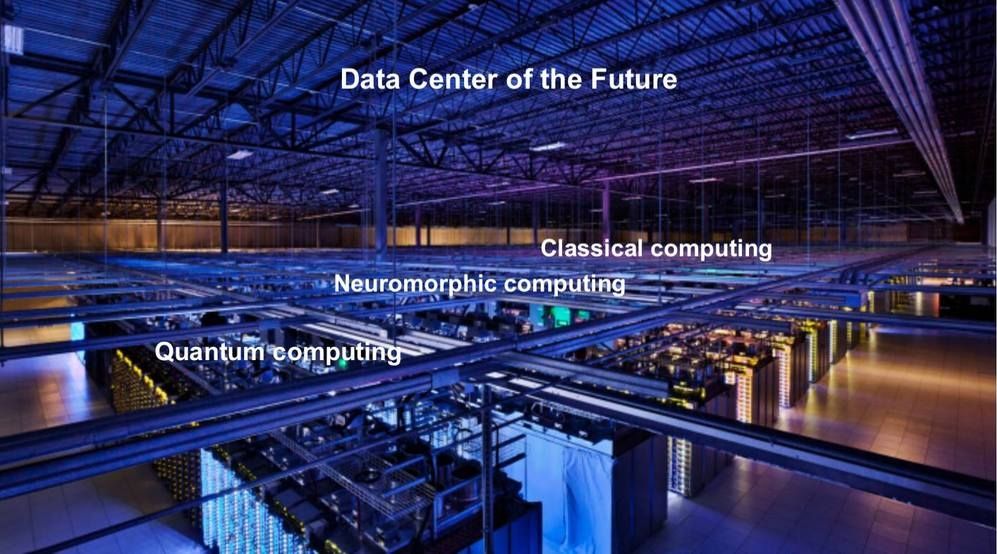As if battered post-Christmas finances, a looming disorderly Brexit and the prospect of a fresh nuclear arms race were not enough to dampen spirits, astronomers have declared that a nearby galaxy will slam into the Milky Way and could knock our solar system far into the cosmic void.
The unfortunate discovery was made after scientists ran computer simulations on the movement of the Large Magellanic Cloud (LMC), one of the many satellite galaxies that orbits the Milky Way. Rather than circling at a safe distance, or breaking free of the Milky Way’s gravitational pull, the researchers found the LMC is destined to clatter into the galaxy we call home.
At the moment, the LMC is estimated to be about 163,000 light years from the Milky Way and speeding away at 250 miles per second. But simulations by astrophysicists at Durham University show that the LMC will eventually slow down and turn back towards us, ultimately smashing into the Milky Way in about 2.5 billion years’ time.








